As stated above one of the ways the Constitution protects against tyranny is through federalism. Federalism is a system of government in which power is divided between a central authority (central government) and constituent political unit (states). For example the Constitution gives states the rights to set up local governments, hold elections
Guns against tyranny? – Chip’s journey
Constitution Mini-Q How Did the Constitution Guard Against Tyranny? Overview: In the summer of 1787, fifty-five delegates representing twelve of the thirteen states met in Philadelphia to fix the national government. The problem was that the existing government, under the Articles of Confederation, just wasn’t doing the job. It was too weak.
Source Image: quora.com
Download Image
This answer has two elements. First, at the very core of the Framers’ Constitution is the recognition that, in a self-governing society, courts must generally defer to the preferences of the majority. Although courts may always review governmental action to guard against the arbitrary or unreasonable, the starting point must be a presumption

Source Image: study.com
Download Image
How did the Constitution Guard Against Tyranny? by Jesika Butler on Prezi Next Alexander Hamilton, James Madison, and John Jay advocated for a strong, centralized government in order to protect the Union and ensure that states pay their taxes and govern their citizens
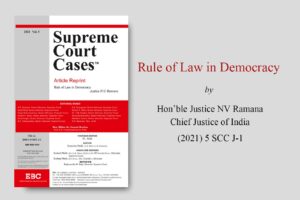
Source Image: scconline.com
Download Image
How Did The Framers Of The Constitution Guard Against Tyranny
Alexander Hamilton, James Madison, and John Jay advocated for a strong, centralized government in order to protect the Union and ensure that states pay their taxes and govern their citizens A wellknown concept derived from the text and structure of the Constitution is the doctrine of what is commonly called separation of powers. The Framers’ experience with the British monarchy informed their belief that concentrating distinct governmental powers in a single entity would subject the nation’s people to arbitrary and oppressive government action. 1 Footnote
Rule of Law in Democracy* | SCC Blog
Sep 19, 2023Today we focus on Founding Principles: How the Constitution Guards Against Tyranny with help from the Bill of Rights Institute. These principles are the foundation of our Constitutional Republic. They keep us a free, self-governing people. Grab a cup of coffee or tea because today, we add the Founding Principles or the “fences of protection A Constitution Day Podcast Playlist
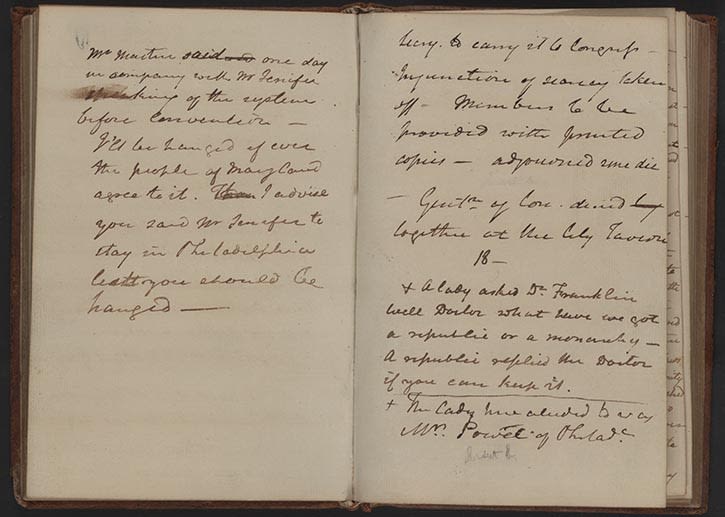
Source Image: colonialwilliamsburg.org
Download Image
U.S. Senate: Constitution Day 2021: Mixed Government, Bicameralism, and the Creation of the U.S. Senate Sep 19, 2023Today we focus on Founding Principles: How the Constitution Guards Against Tyranny with help from the Bill of Rights Institute. These principles are the foundation of our Constitutional Republic. They keep us a free, self-governing people. Grab a cup of coffee or tea because today, we add the Founding Principles or the “fences of protection
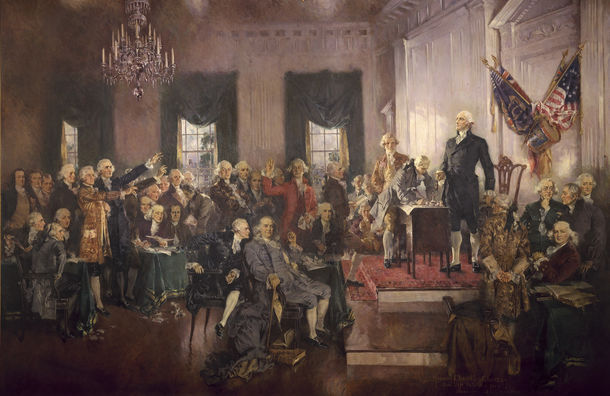
Source Image: senate.gov
Download Image
Guns against tyranny? – Chip’s journey As stated above one of the ways the Constitution protects against tyranny is through federalism. Federalism is a system of government in which power is divided between a central authority (central government) and constituent political unit (states). For example the Constitution gives states the rights to set up local governments, hold elections

Source Image: chipbruce.net
Download Image
How did the Constitution Guard Against Tyranny? by Jesika Butler on Prezi Next This answer has two elements. First, at the very core of the Framers’ Constitution is the recognition that, in a self-governing society, courts must generally defer to the preferences of the majority. Although courts may always review governmental action to guard against the arbitrary or unreasonable, the starting point must be a presumption
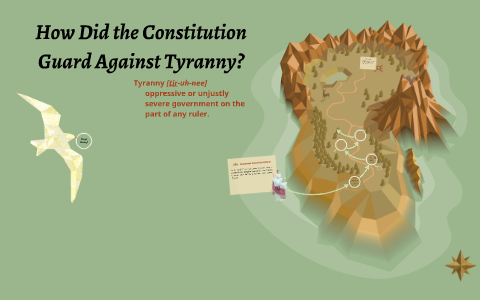
Source Image: prezi.com
Download Image
The Federalist Society How Did the Constitution Guard Against Tyranny? Overview: In the summer of 1787, fifty-five delegates representing twelve of the thirteen states met in Philadelphia to fix the national government. The problem svas that the existing government, under the Articles of Confederation, just wasn’t doing the job. It was too weak.

Source Image: fedsoc.org
Download Image
The Federalist Society Alexander Hamilton, James Madison, and John Jay advocated for a strong, centralized government in order to protect the Union and ensure that states pay their taxes and govern their citizens

Source Image: fedsoc.org
Download Image
Constitutionalism and the Separation of Powers | Online Library of Liberty A wellknown concept derived from the text and structure of the Constitution is the doctrine of what is commonly called separation of powers. The Framers’ experience with the British monarchy informed their belief that concentrating distinct governmental powers in a single entity would subject the nation’s people to arbitrary and oppressive government action. 1 Footnote
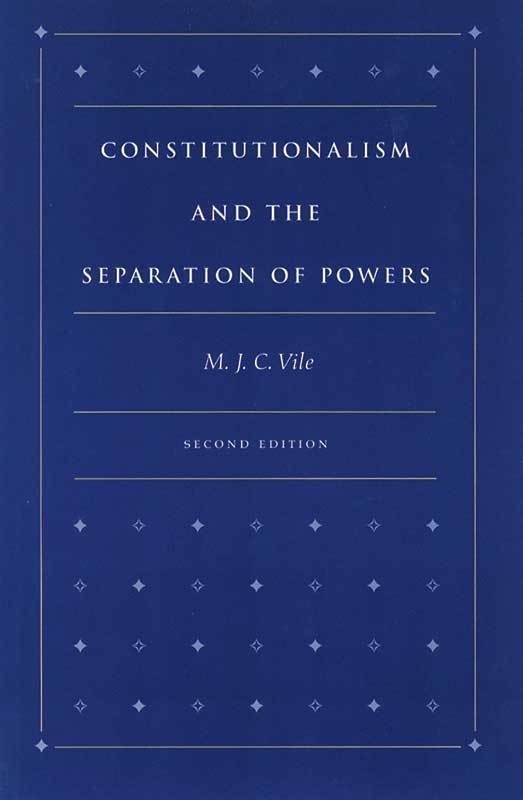
Source Image: oll.libertyfund.org
Download Image
U.S. Senate: Constitution Day 2021: Mixed Government, Bicameralism, and the Creation of the U.S. Senate
Constitutionalism and the Separation of Powers | Online Library of Liberty Constitution Mini-Q How Did the Constitution Guard Against Tyranny? Overview: In the summer of 1787, fifty-five delegates representing twelve of the thirteen states met in Philadelphia to fix the national government. The problem was that the existing government, under the Articles of Confederation, just wasn’t doing the job. It was too weak.
How did the Constitution Guard Against Tyranny? by Jesika Butler on Prezi Next The Federalist Society How Did the Constitution Guard Against Tyranny? Overview: In the summer of 1787, fifty-five delegates representing twelve of the thirteen states met in Philadelphia to fix the national government. The problem svas that the existing government, under the Articles of Confederation, just wasn’t doing the job. It was too weak.